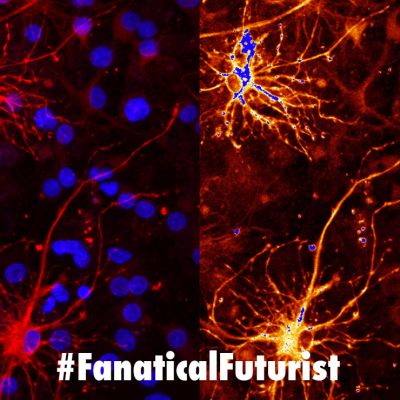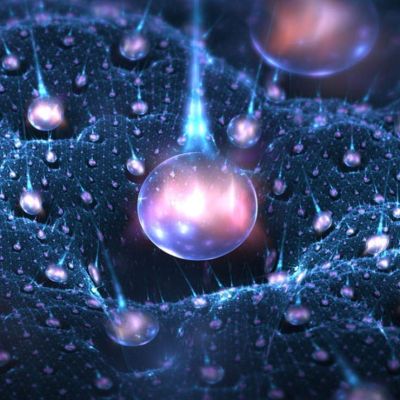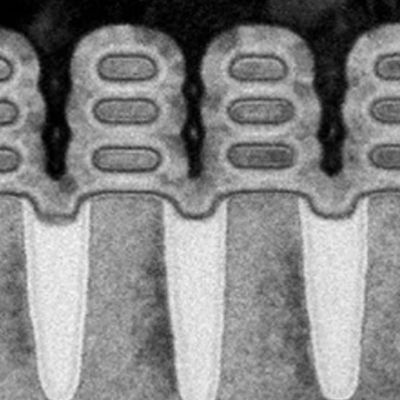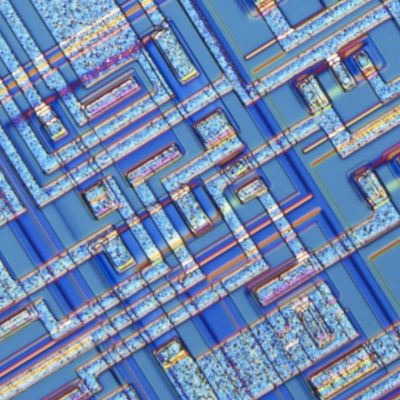Moores Law
“The future is widely misunderstood. Our ancestors expected it to be pretty much like their present, which had been pretty much like their past.” …
WHY THIS MATTERS IN BRIEF Moore’s Law is tapping out, and that’s a big problem for the future of computing, but this latest breakthrough could…
WHY THIS MATTERS IN BRIEF As AI becomes more capable of innovating and designing new products the global rate of innovation and disruption is going…
WHY THIS MATTERS IN BRIEF As transistors reach their physical limits we need to develop fundamentally new computing architectures, and this is just one example…
WHY THIS MATTERS IN BRIEF Exponential computing platforms that have more processing power than mammalian brains are now a reality, simulating a whole human brain…
WHY THIS MATTERS IN BRIEF Graphene’s weird properties could help create computer chips that are thousands of times faster than today’s chips. Today’s silicon…
WHY THIS MATTERS IN BRIEF There is a concern that the lack of focus on developing new, advanced hardware will put US business and its…
WHY THIS MATTERS IN BRIEF Standardised processors that run multiple workloads, but that have to be especially optimised to run specific workloads made sense, but…
WHY THIS MATTERS IN BRIEF As silicon based transistors, the bed rock of today’s modern computing platforms, near their theoretical limits we will see the…
WHY THIS MATTERS IN BRIEF As physical chip design starts to near its limits it is getting harder for companies to keep up with Moore’s…
WHY THIS MATTERS IN BRIEF Berkeley Lab breakthrough might help to reboot Moores Law. Transistor size is an important part of improving the price-performance of…
WHY THIS MATTERS IN BRIEF Carbon nanotube transistors finally out perform their traditional silicon counterparts. The computing industry has long seen carbon nanotube transistors as…














